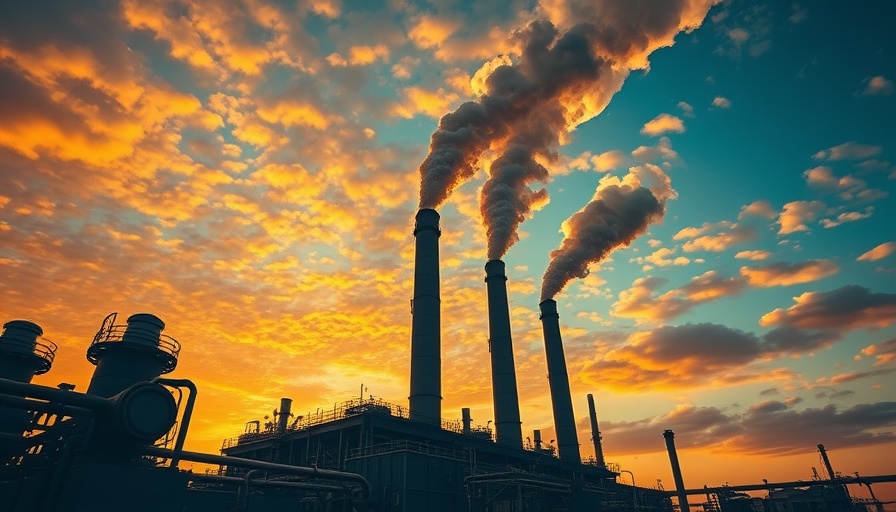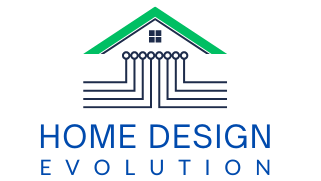
Are Smart Thermostats Truly Worth It? Discover Their Benefits!
As households strive to embrace sustainability and technology, smart thermostats have emerged as popular solutions. With their ability to learn your heating and cooling habits, they promise both comfort and savings. But the real question remains: Are they worth the investment? In a world where being environmentally conscious and economically savvy is vital, smart thermostats prove to be not just a luxury, but a necessity.
Unleashing Savings: How Smart Thermostats Cut Costs
Smart thermostats offer compelling money-saving features. According to a report from The New York Times, approved smart thermostats can lead to an estimated annual household savings of about $50, with significant claims of up to 26% reductions from certain manufacturers like Ecobee. With half of the average American's energy bill tied to heating and cooling—costing over $900 annually—investing in a smart thermostat becomes an attractive option.
Understanding the Mechanism Behind Savings
How do smart thermostats deliver on their promises? The answer lies in their advanced technology and learning capabilities:
Energy Usage Learning: By understanding your routines, smart thermostats can anticipate your needs. They adjust temperatures automatically when you leave or come home, ensuring efficiency and preventing energy waste.
Auto Home/Away Feature: This feature ensures energy isn’t wasted when no one is home. Temperatures can be adjusted when you're away, and tailored to provide comfort by the time you return.
Convenient Temperature Adjustments: Forget about manually changing your thermostat. With smartphone connectivity, you can easily manage your home’s climate from anywhere. Imagine landing from a trip and being able to warm your house before you arrive!
Maximizing Savings with the Right Features
To truly benefit from smart thermostats, understanding features that yield the greatest savings is essential:
Geofencing: Automatically adjusts based on your location, ensuring you’re not cooling or heating an empty house.
Energy Reports: Keep track of your energy usage over time, helping you to make informed decisions about your consumption.
Remote Access: Control and adjust settings from your smartphone, giving you flexibility and peace of mind.
What Experts Say: Counterarguments and Wider Benefits
While many tout the advantages of smart thermostats, some experts caution against inflated expectations. Studies have shown varying levels of savings, with some estimates suggesting that real savings might be lower than claimed. Still, the combination of increased comfort and potential reductions in energy waste makes a compelling case for smart thermostats. They not only enrich your living environment but also contribute to broader environmental goals by reducing carbon footprints.
The Cost Factor: Weighing Initial Expenses Against Long-term Benefits
Smart thermostats do require an upfront investment, with many models priced between $60 and $250. However, utility companies often provide rebates or free installations that can mitigate these costs. Programs frequently offer anywhere from $50 to $100 back for selecting energy-efficient devices, making the transition financially feasible.
Conclusion: Embracing Smart Technology for Sustainable Living
In conclusion, smart thermostats represent a smart investment in a sustainable lifestyle. They not only offer financial benefits through energy savings but also align with a growing trend toward environmentally friendly living. So if you're an environmentally conscious homeowner looking to integrate simple tech solutions that can enhance your comfort, consider investing in a smart thermostat today! You’ll find that saving energy never felt so easy and rewarding!
 Add Row
Add Row  Add Element
Add Element 


 Add Row
Add Row  Add
Add 


Write A Comment